I was going to write "I am struggling to come to terms with being a father", but that is incorrect. I have almost entirely come to terms with it - merely, I remain amazed by how significantly and irreversibly my life has changed. In the middle of this week-end, filled as it was with trips to the circus and birthday parties for three-year-olds, a tea from The Old Country* came as a vivid reminder of a person I used to be, and a place where I used to be from.
*East Anglia
I like to think that life is a work-in-progress, and that our characters are blocks of stone on which we continue to work. Every day, a little tap here, a little chiselling there. With me, an awfully large amount of work still remains, but some small degree of progress is being achieved. Sitting at the tea-table gives me a little continuity to those times past, which is very welcome. Sometimes, I am reminded of how massively embarassing some of previous actions were; sometimes, I am comforted that, at least, they are happening less regularly now. Sometimes, I shake my head and think that I will be forever doomed to repeat the past, rather than learn from it. You can get quite a lot out of a cup of tea and a diary, I have found.
My friend from The Old Country, TG, keeps me in good tea. These charity parcels typically arrive in small quanta, as pictured above, and are always enjoyable. Some are grand, some are humble, but all are worthwhile. This particular tea is a 2002 Yibangshan cake from Chawangshop - although it seems that this may be no longer for sale, and so I know little more of it than its name.
I am a little surprised that a tea from 2002 can be reliably determined to be from Yibangshan; I was under the impression that explicit recognition of maocha from this area came later. Perhaps I am wrong - it would not be the first time.
Examining the dry leaves above, you might be impressed - they do indeed look rather tasty.
Examining the dry leaves above, you might be impressed - they do indeed look rather tasty.
The picture above tells you quite a lot about this tea: it is believably 10-12 years old, from its colour. The body is strong and its finish is pinelike - that is, sharp and somewhat woody. Lots of teas from this region are destined for sharp pinewood, I believe, which is fine as long as you know what you're setting into from the outset.
There is an absence of scent in the wenxiangbei [aroma cup] and this carries through into the cup, where the tea is almost entirely expressed in that sharp finish. The storage has been clean, and that summarises the tea quite well: clean, sharp, orange-red. You can interpolate the remainder from these three observation points, I suspect, with a low degree of uncertainty.
There is an absence of scent in the wenxiangbei [aroma cup] and this carries through into the cup, where the tea is almost entirely expressed in that sharp finish. The storage has been clean, and that summarises the tea quite well: clean, sharp, orange-red. You can interpolate the remainder from these three observation points, I suspect, with a low degree of uncertainty.
Clean teas such as this may be brewed hard, and so hard is how I brew it. This Yibangshan example benefits from being overbrewed, I think: the pinelike sharpness works backwards from the throat, if it is overbrewed, and begins to fill out the main body of the tea.
It was an interesting session, as always, for which I owe TG my thanks once again. Perhaps the best outcome of the session was the time with the diary, which is always illuminating. I have been a regular diariest since the age of 18 (and am now in my thirties), and this continued spillage of ink is merely because the act is tremendously useful to me - I heartily recommend it. Grab a strong Yibangshan, a book, and a pen, and see how you get, Gentle Reader...
It was an interesting session, as always, for which I owe TG my thanks once again. Perhaps the best outcome of the session was the time with the diary, which is always illuminating. I have been a regular diariest since the age of 18 (and am now in my thirties), and this continued spillage of ink is merely because the act is tremendously useful to me - I heartily recommend it. Grab a strong Yibangshan, a book, and a pen, and see how you get, Gentle Reader...

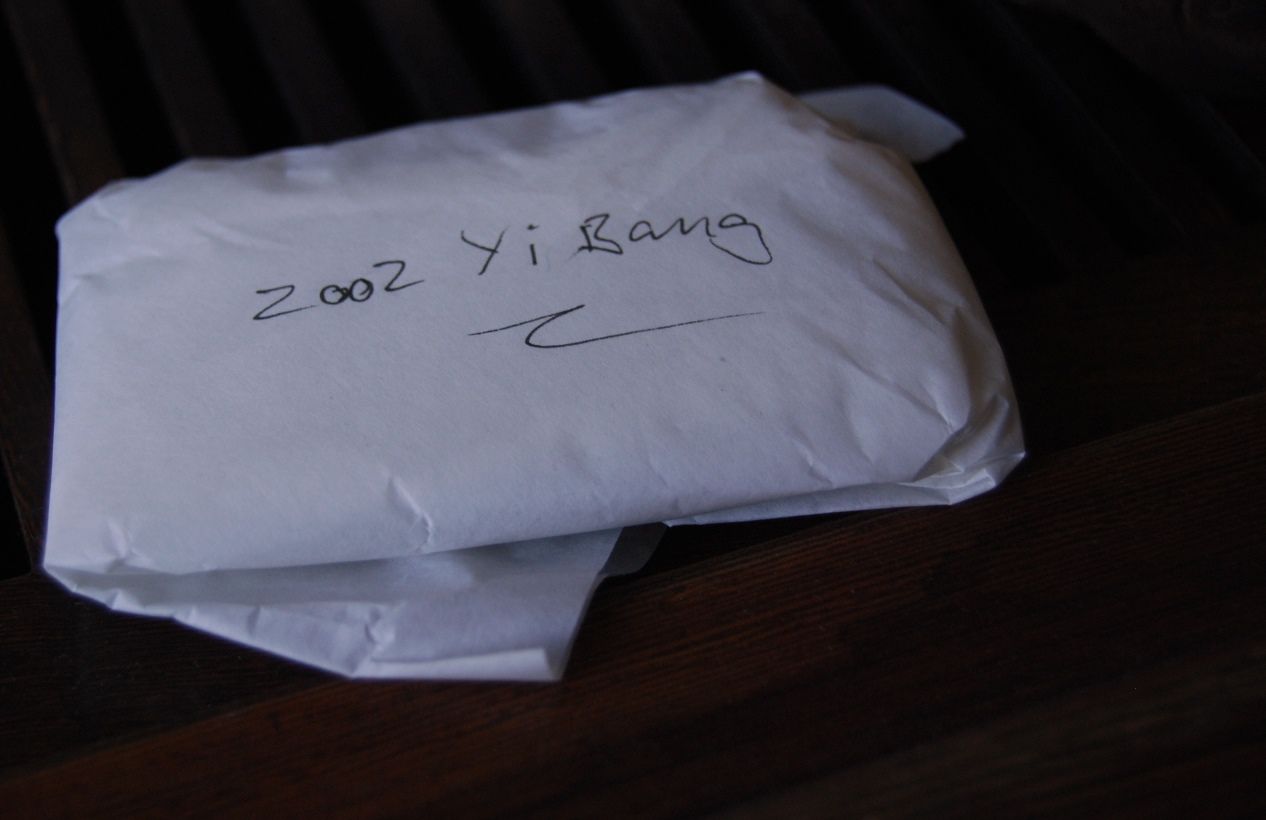
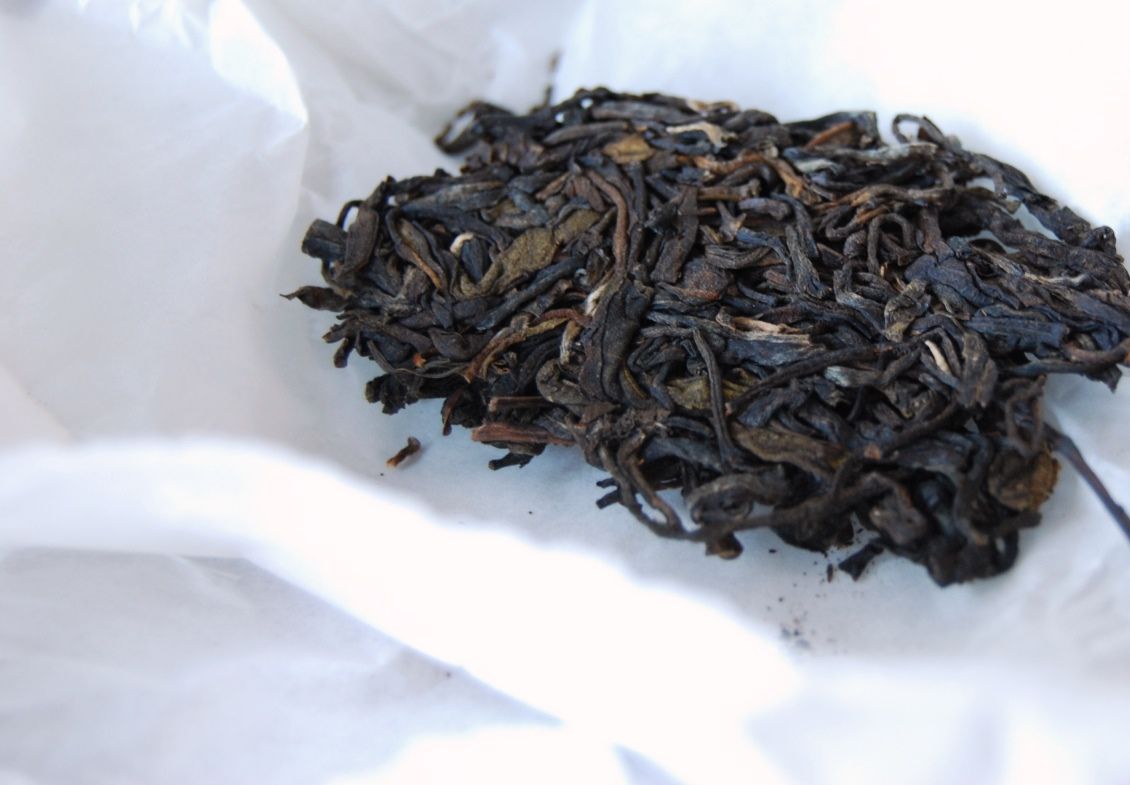
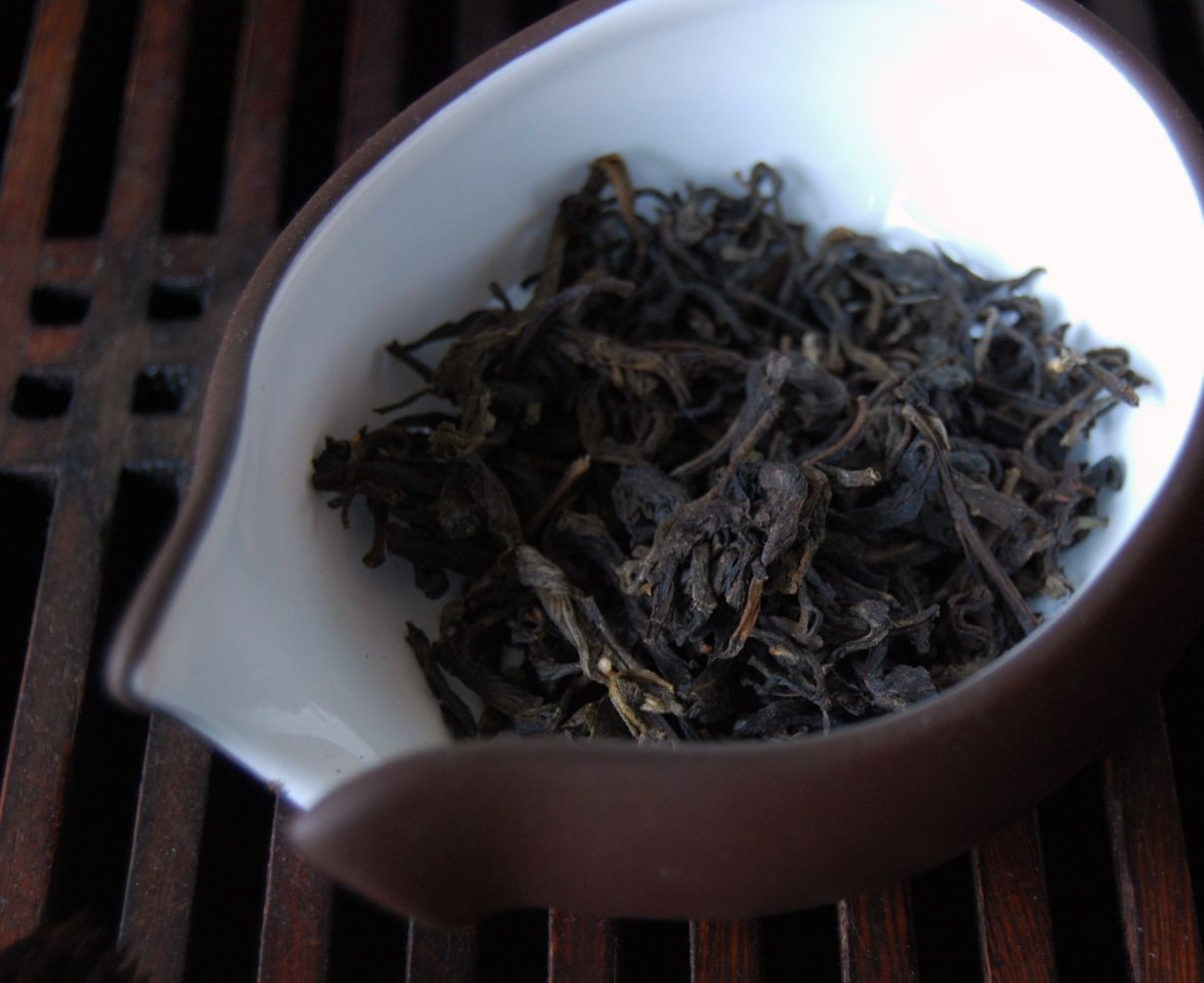
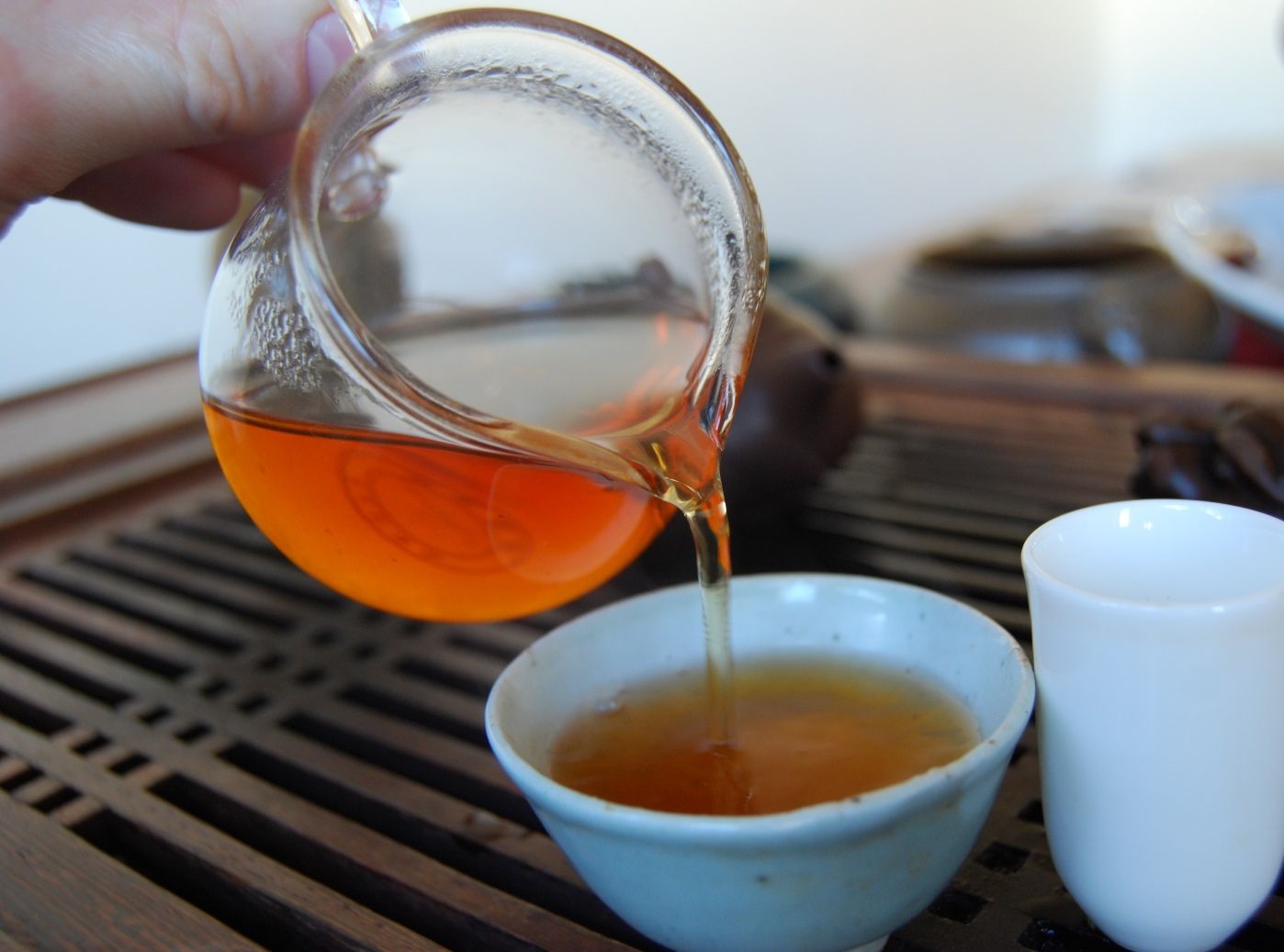
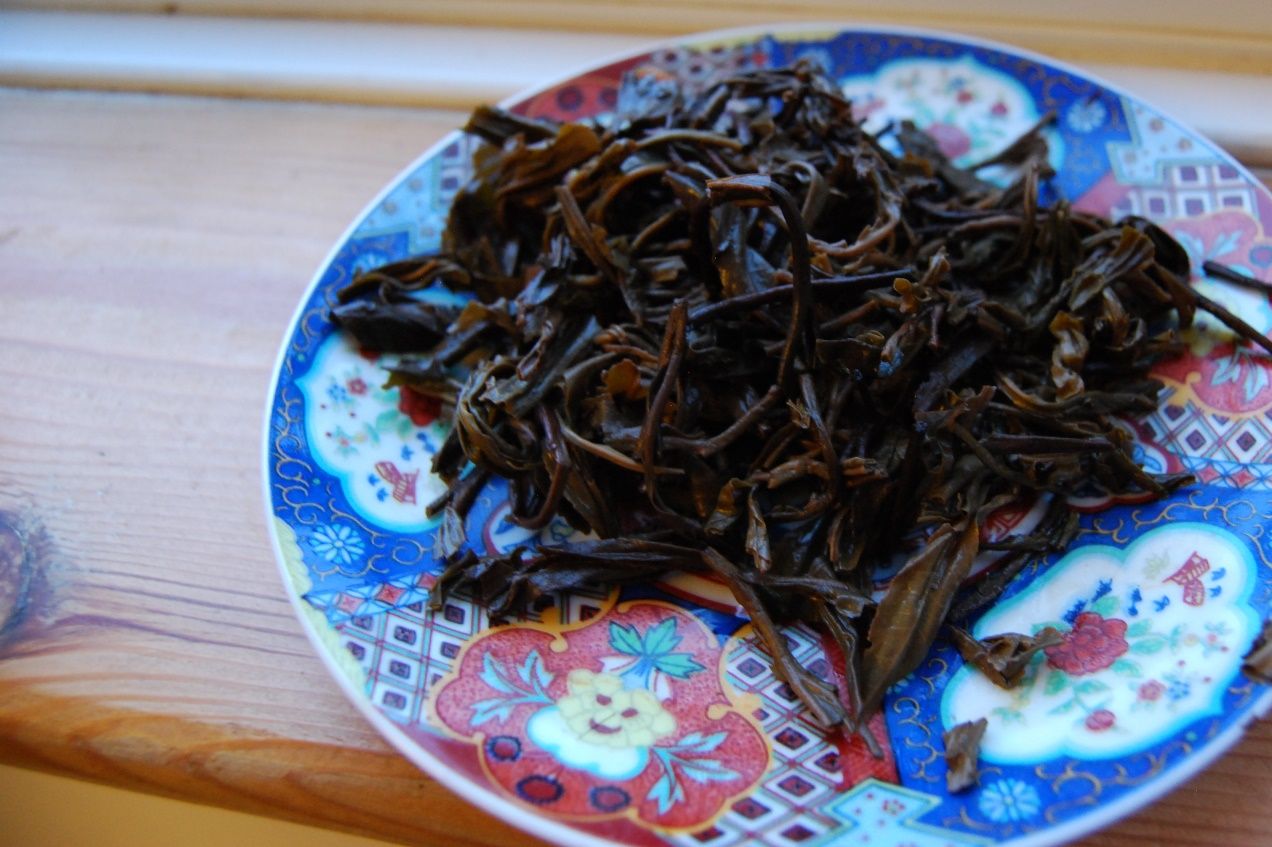
No comments:
Post a Comment
(and thanks)